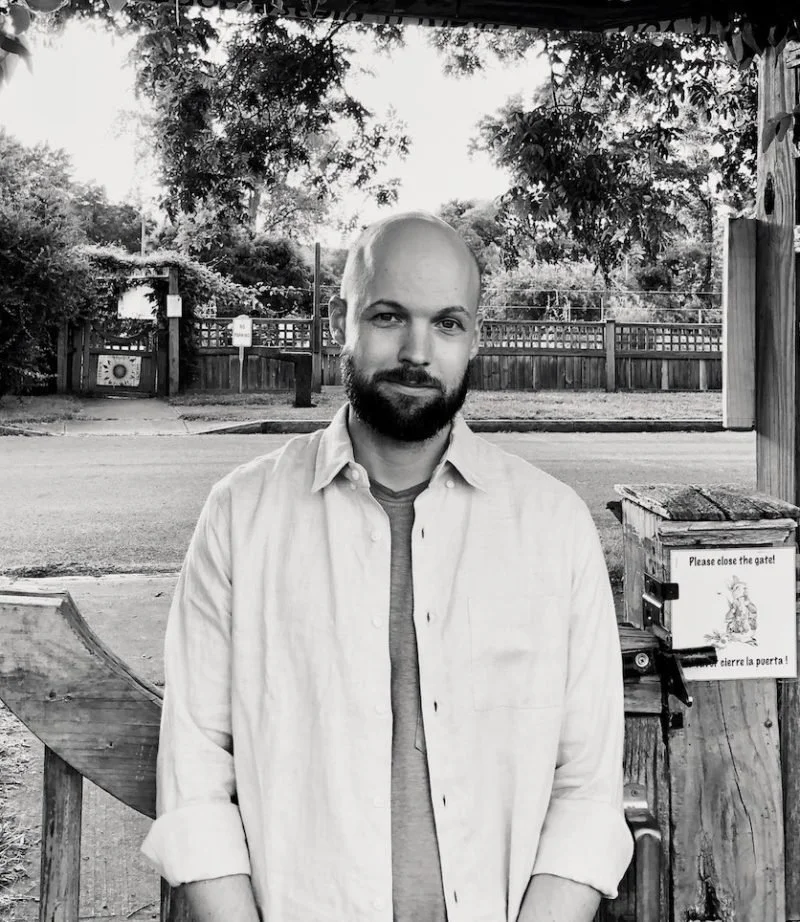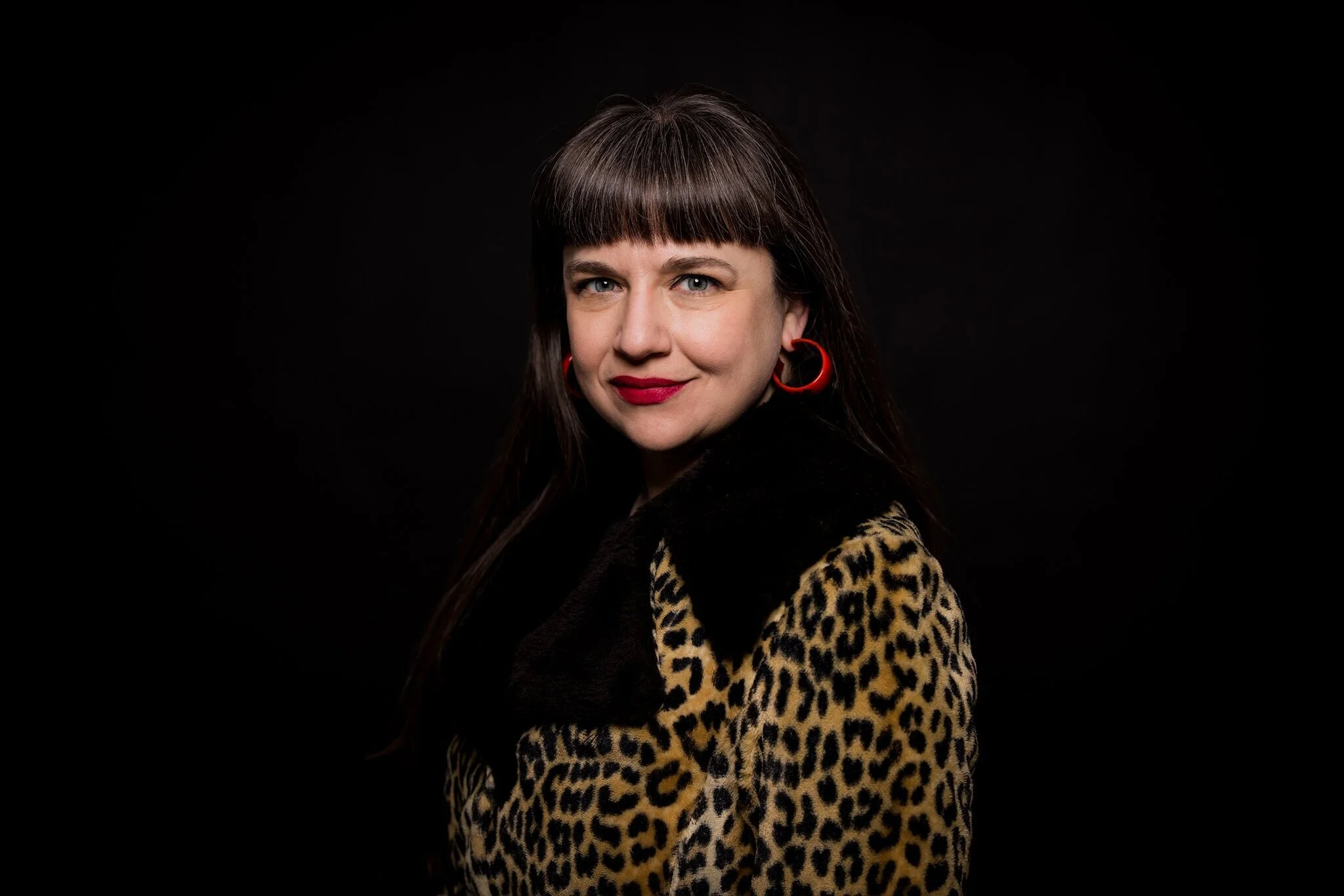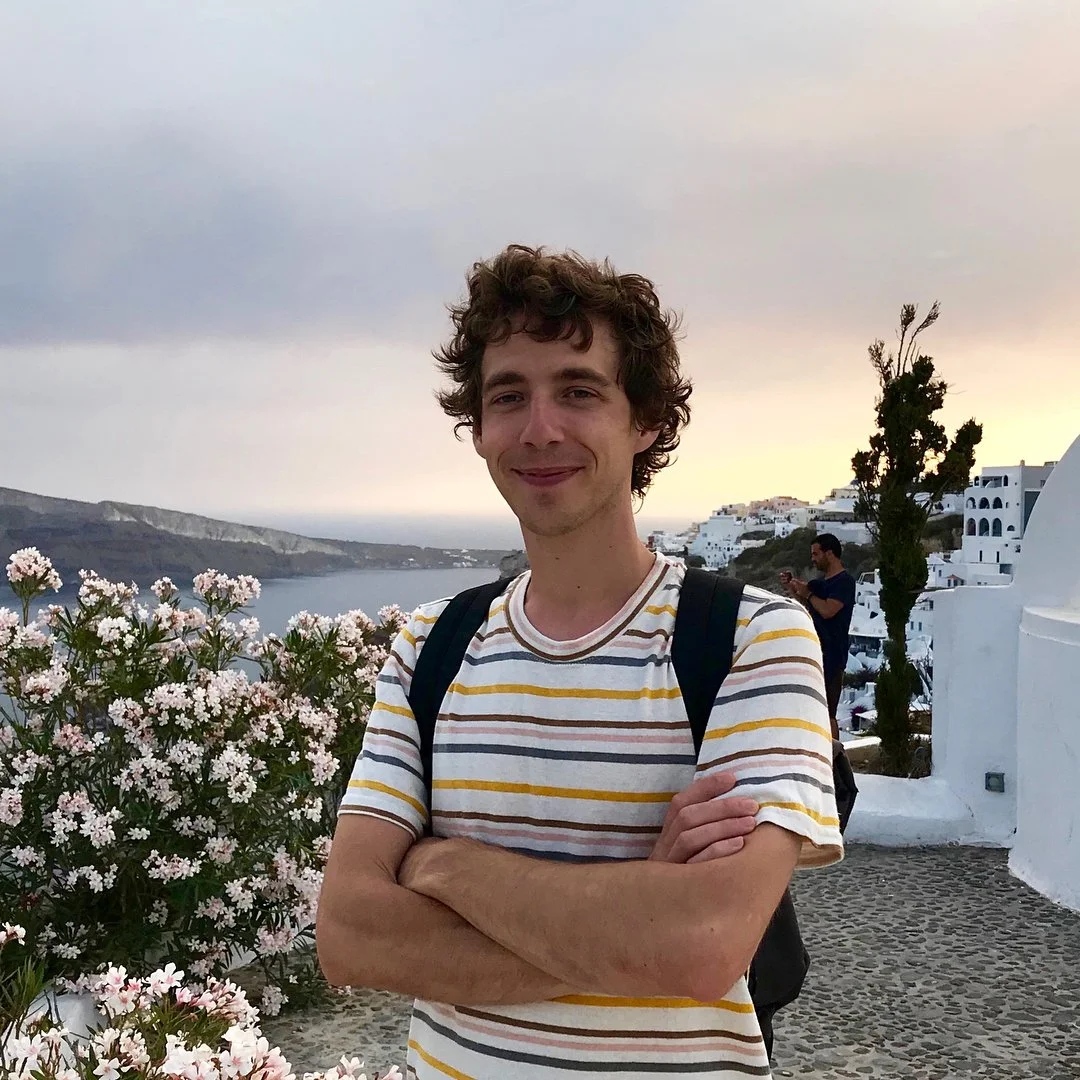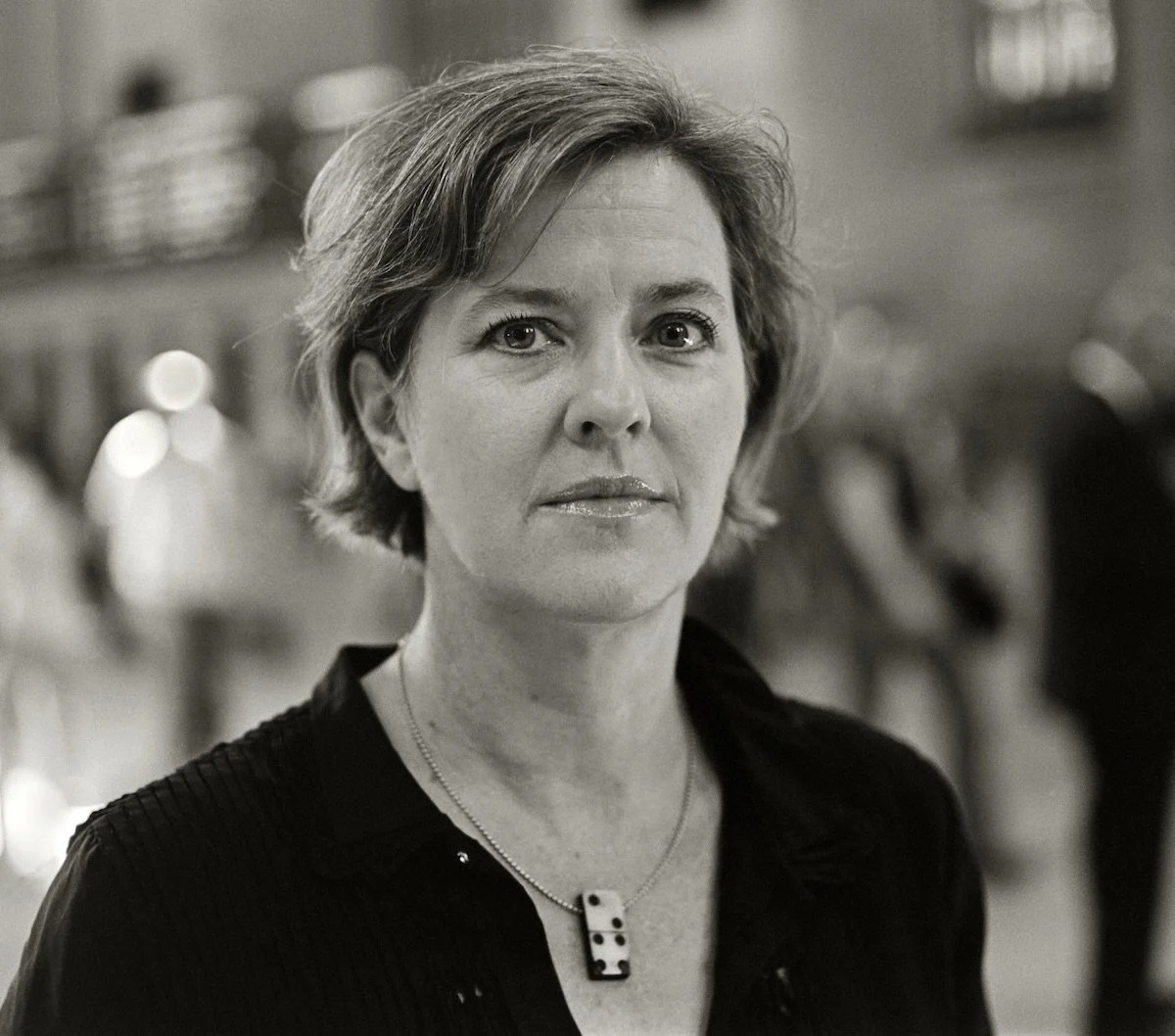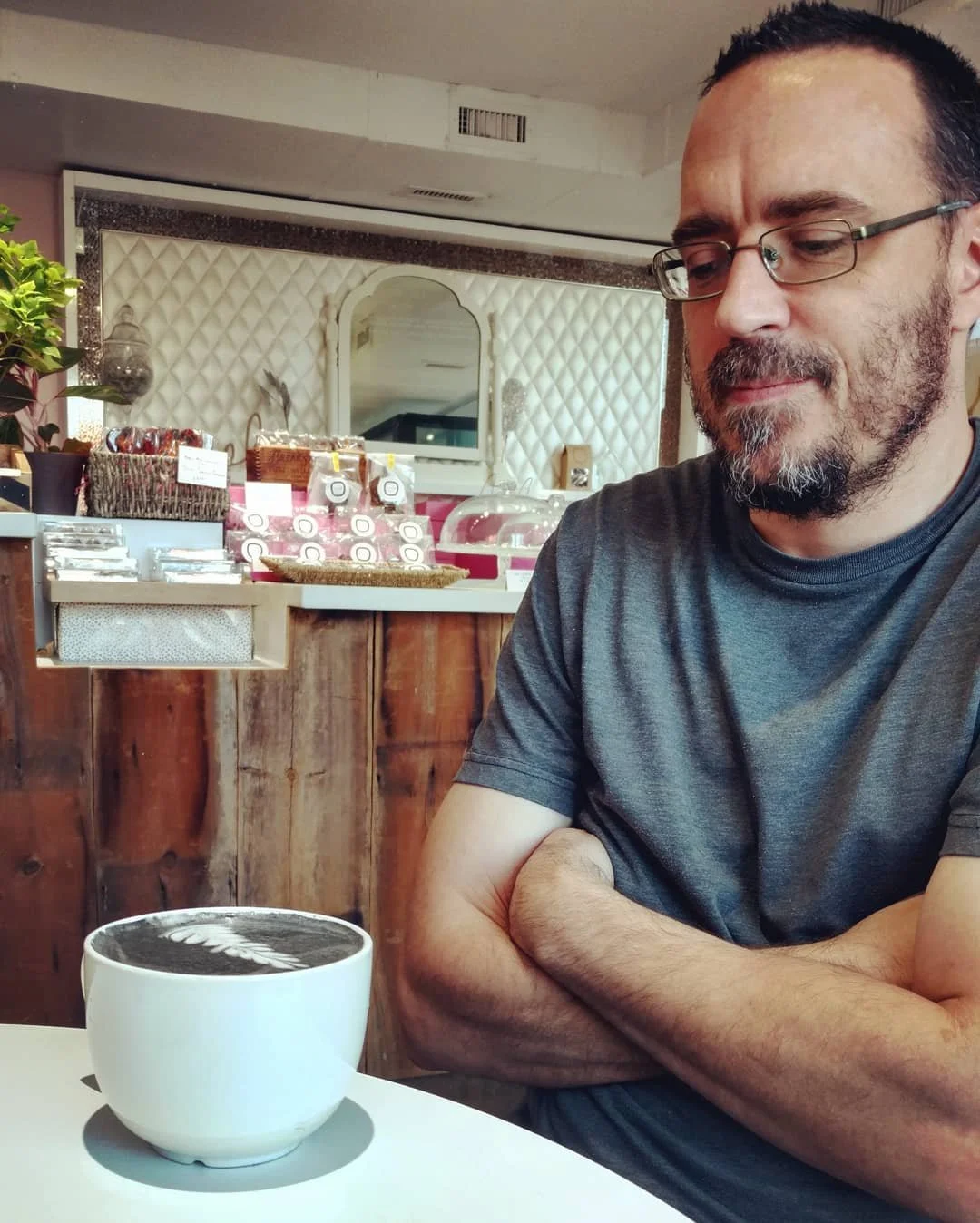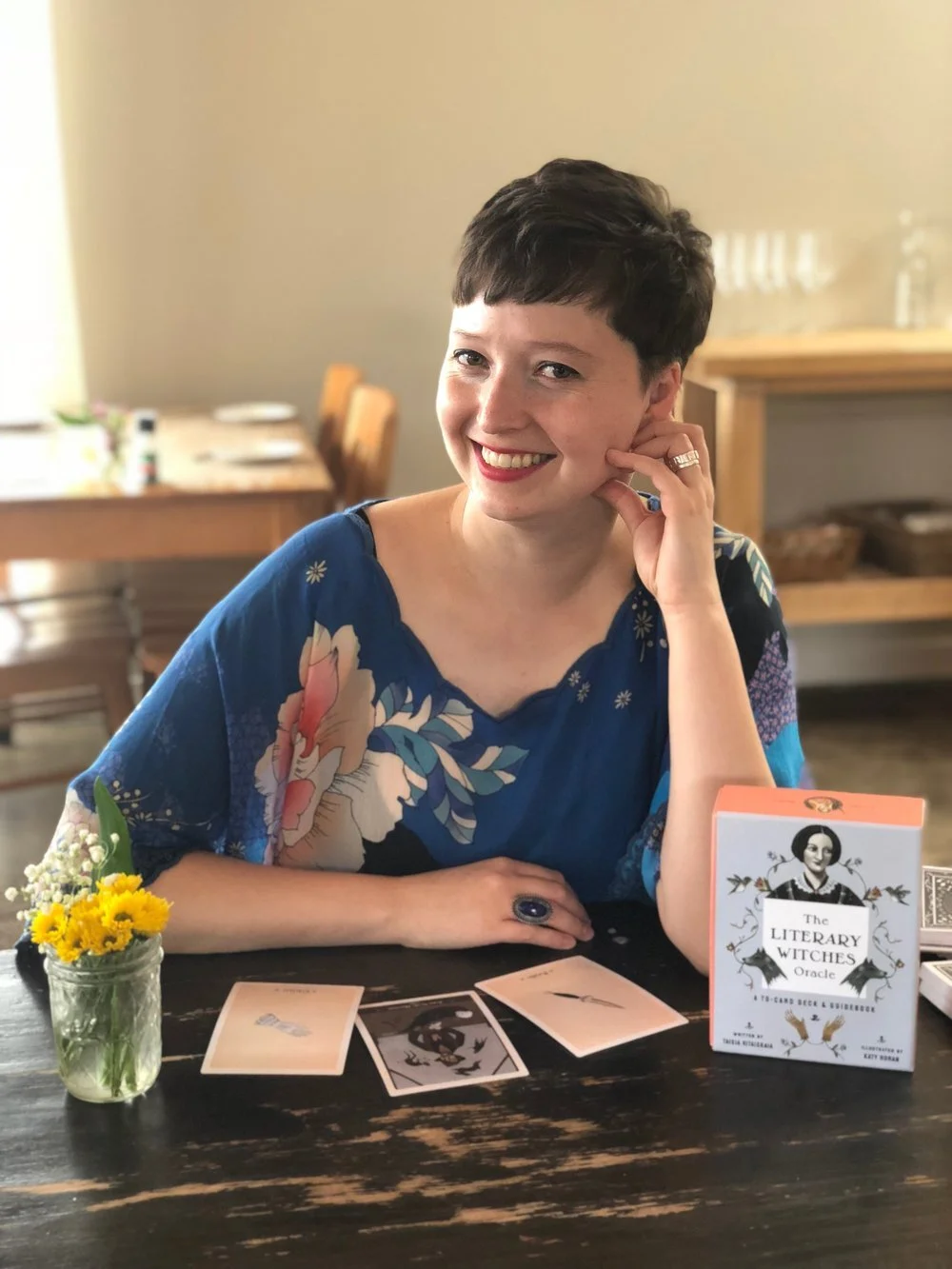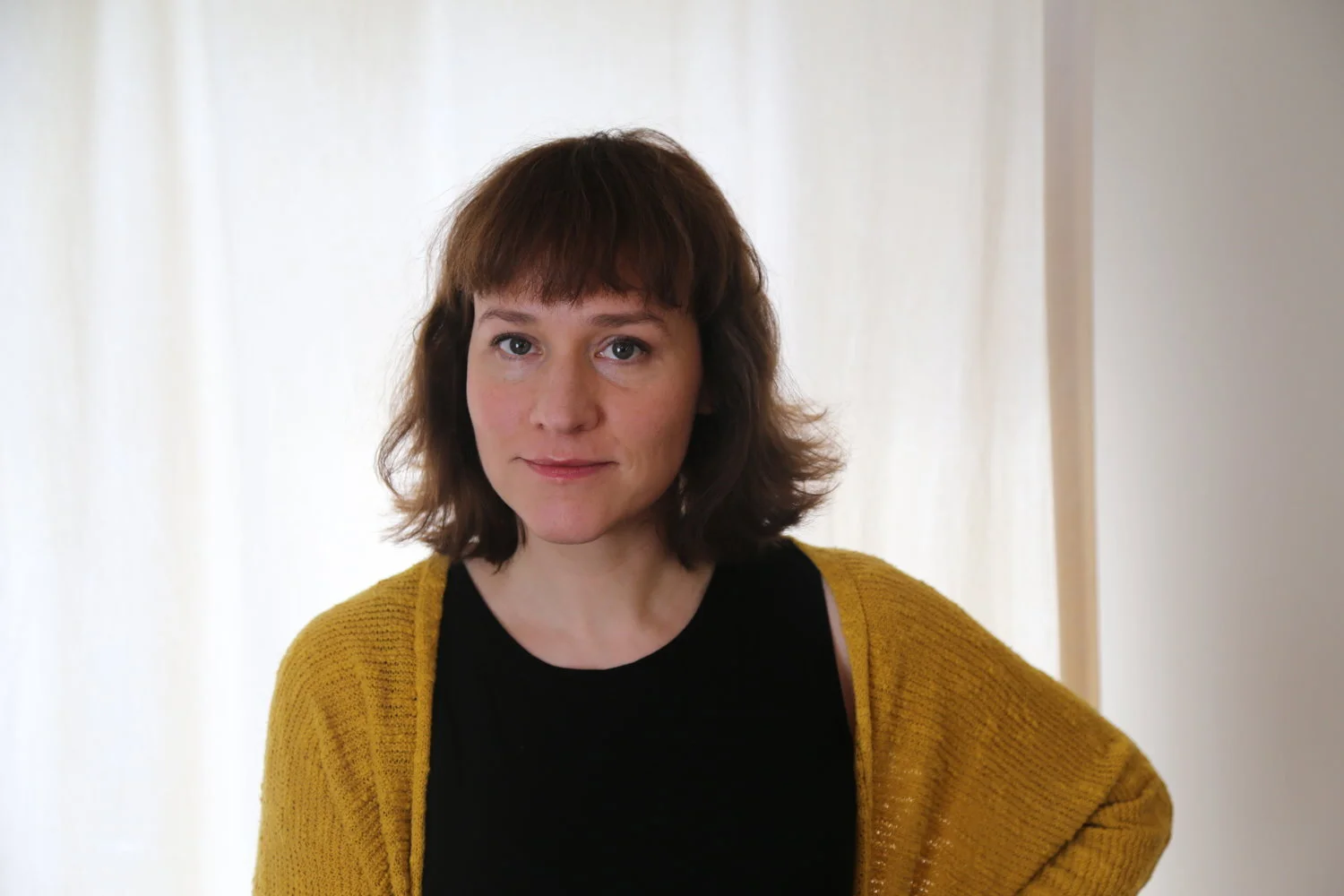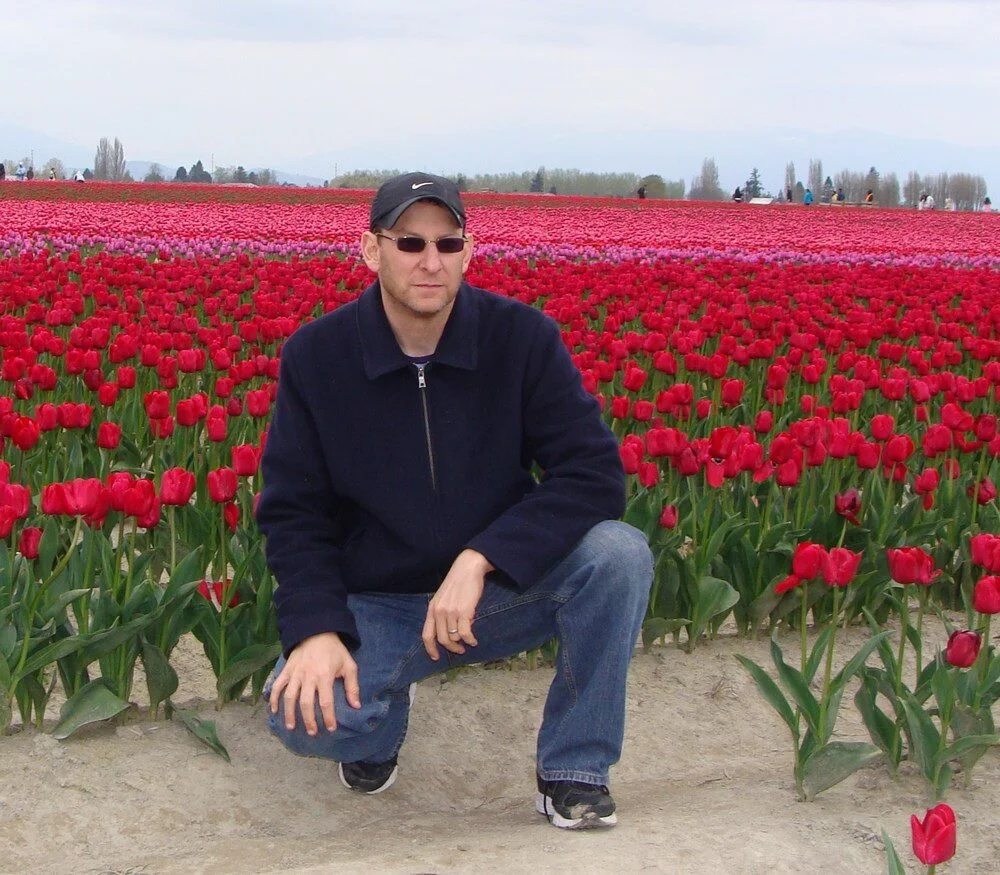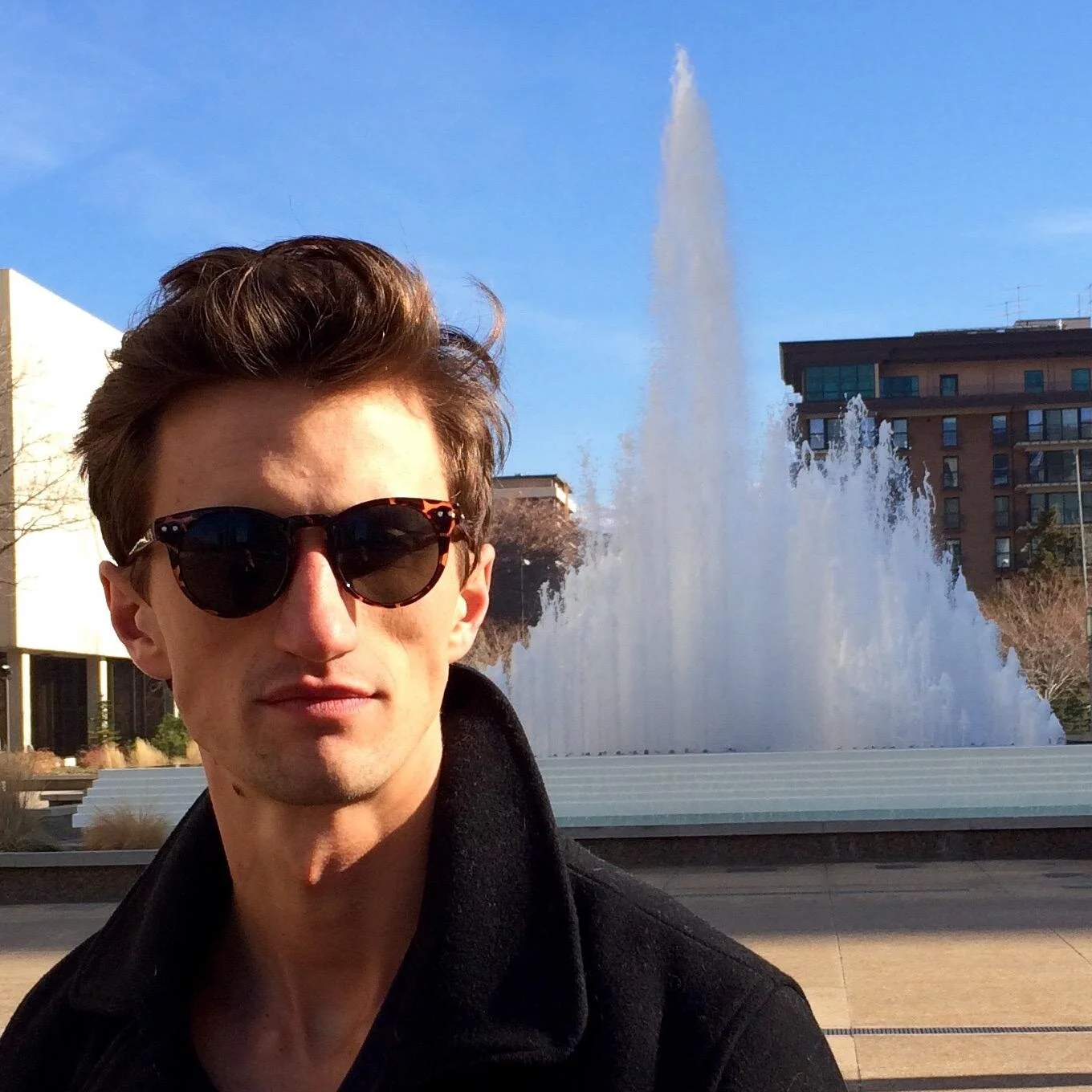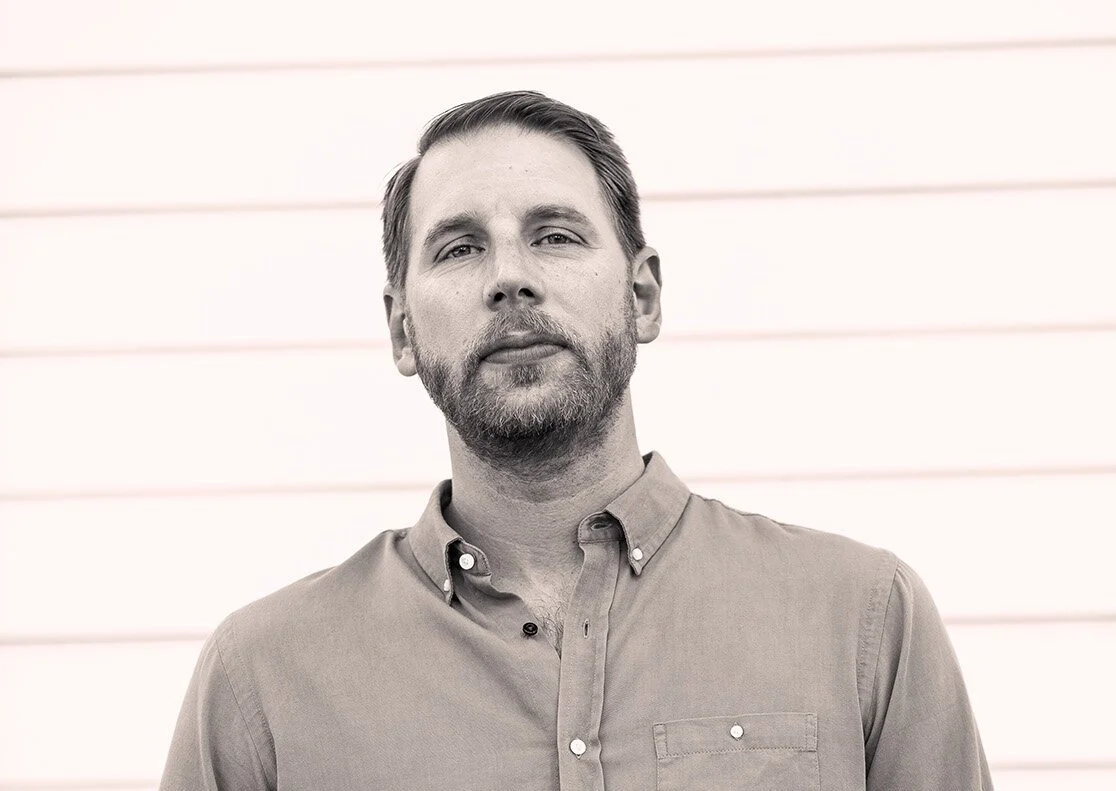Last week at Chicago’s Seminary Co-op, I saw author Kathryn Scanlan reading from her debut book, Aug 9 - Fog. The reading was an eclectic conversation between Scanlan and author Maryse Meijer, where the two discussed found objects, graves of dead never met, vintage car crashes, genealogy, and, most importantly, Scanlan’s book: a sparse yet compact reworking of a found journal from the late 70s that documents the final years of a woman’s life. After being stumbled upon in 2004, the diary was meticulously obsessed over by Scanlan, who began writing down some of her favorite lines and later editing, fine-tuning, rearranging, and tinkering. This process of patience unearthed lines like, “I painting. Clouding at noon.” Lines like “Flowers coming fast.” This act of interpretive restoration was done over a ten year period while (as she said during the reading) she was learning how to write. With a collection of short stories arriving next year (The Dominant Animal), and with the hushed and tender Aug 9 - Fog whispering throughout the world, I spoke with Scanlan about working in solitude, the connections between her two books, finding meaning in found objects, and much more.
Let's begin with an icebreaker. If you could stumble upon any famous artist's tattered journal (living or dead), who would it be and why?
I don’t think this is something I’d wish for—I’d much rather look at the artist’s work. I’m not drawn to diaries generally. The diary that served as the source text for my book was an exception.
By the time this interview runs, the calendar year will be halfway through. With a new book release (and another to come in 2020) as well as a current tour, how has the first half of the year been for you?
Fairly intense—educational, gleeful, and uncomfortable. The shift from solitary work to collaboration with a network of people is a radical one for me. Speaking about the book—at readings, in interviews, and in essays I’ve written—has been a challenge. It’s made me realize how much I love the freedom of fiction, and how wary I am of pinning myself to an opinion in writing.
While your first book is a hybrid/collage/erasure style collection, do you expect readers to be surprised by your 2020 collection of stories? Was there ever overlap? Did the two voices seep into each other during the writing process?
There are many similarities in the books. They share an interest in food, bodily functions, weather, plants, death. Humor recurs, as does the authority of first-person narration. In both books, every sentence has been heavily considered, very worked. But the story collection is more unsettling, I’d say—it has a violence and sexuality not found in Aug 9—Fog.
You answered this question at the reading and I loved the answer, so could you explain the reasoning for the title of this book? Also, at what point in the process was the title decided?
The title comes from a scrap of paper I found tucked into the diary—on it the diarist had written only those words: aug 9—fog. I decided to use it as the title a few years ago, when I was looking through early scans I’d made of these scraps, of which there were several, and which are now unfortunately lost in a dead letter center somewhere.
Aug. 9 - Fog might be the quietest book I've ever read and I don't know how to better explain that. Can you speak on silence and perhaps the tender observations found throughout this book?
The book is my attempt to create meaning with a bare minimum of material, of information. So much goes unexplained in the original diary. As I read it, I strained to understand, to make connections, and at some point I realized the straining was the source of my interest in it. When constructing my book, I wanted to recreate that sensation. The result is an abundance of white space, the page repurposed as a stage. The words and sentences I included were the ones I loved most, the ones I was most charmed or surprised by in the diary.
In your reading, you mentioned how the woman who initially wrote the journal passed in the 70s, and her only daughter passed in the 90s, but you didn't stumble upon this book for another 10 years or more. Do you have any theories or leads as to who might have been taking care of it during this period?
When I was searching for the diarist’s surviving relatives, I spent several days trying to figure out who might’ve had it last—I looked up auction records and studied the diarist’s family tree on a genealogy website. I checked death dates, searching for an individual who would’ve died in 2004, which is when I found the diary. But I didn’t have any luck, and it’s something I still wonder about.
You also mentioned how you visited the city this spring and went to this woman's grave. What was going through your head as you were driving around this town? I'm curious if they have a library or bookstore that does readings.
There were a lot of things going through my head at this time. I’m still thinking about it. I’m attempting to write about it. I wrote this about it [via The Paris Review].
I believe there was a library, but I didn’t see a bookstore when I was there. It is a very small town with a population of around 3,000 people.
Aside from short stories and hybrid work, have you ever written poetry or something longer like a novel?
I’ve written poetry, essays, and art criticism, but never a novel. I’ve made attempts at longer works but have always found it impossible to sustain the voice and control I desire. I’m making another attempt now that may or may not be successful.
Outside of your own work, who/what have you been reading recently? Thank you for recommending Sleeping with the Dictionary in your ElectricLit article of 5 Unclassifiable Books by Women, by the way. One of the more interesting and playful poetry collections I've read.
I love that book—Mullen’s other work, too. I usually have several sloppy stacks of partially-read books around me, which at present include works by Laura Riding, Roland Barthes, Hervé Guibert, Morgan Parker, Kate Zambreno, Osama Alomar, Vi Khi Nao, Dodie Bellamy, Theresa Hak Kyung Cha, Agnes Martin, and Moyra Davey, among others.
If you can, provide a photo of your workspace . What are some essentials while you create?
For a long time I used sugar and caffeine to work, but then I got very sick and had to change some of my habits. I still use caffeine, but in a more reasonable, less damaging way. I have a coffee or tea with cream first thing, before I start working. Sometimes I’ll have a second one in late morning or early afternoon. Silicone earplugs and a space heater near my feet are some other essentials.
For this ongoing author interview series, I'm asking for everyone to present a writing prompt. It can be as abstract or as concrete as you choose.
Use text from a piece of junk mail in your real or virtual mailbox to craft a story or poem.
In closing, do you have any advice for writers trying to grow in their craft and/or get published? Or rather, what's something you would have like to have known when you first started taking your writing seriously?
Figure out what you want to do and how you want to do it—don’t worry about whether a publisher will be interested in it or not.
Any final thoughts / words of wisdom / shout-outs?
I’m grateful to you for your interest in my book, and to everyone who reads it—thank you!














